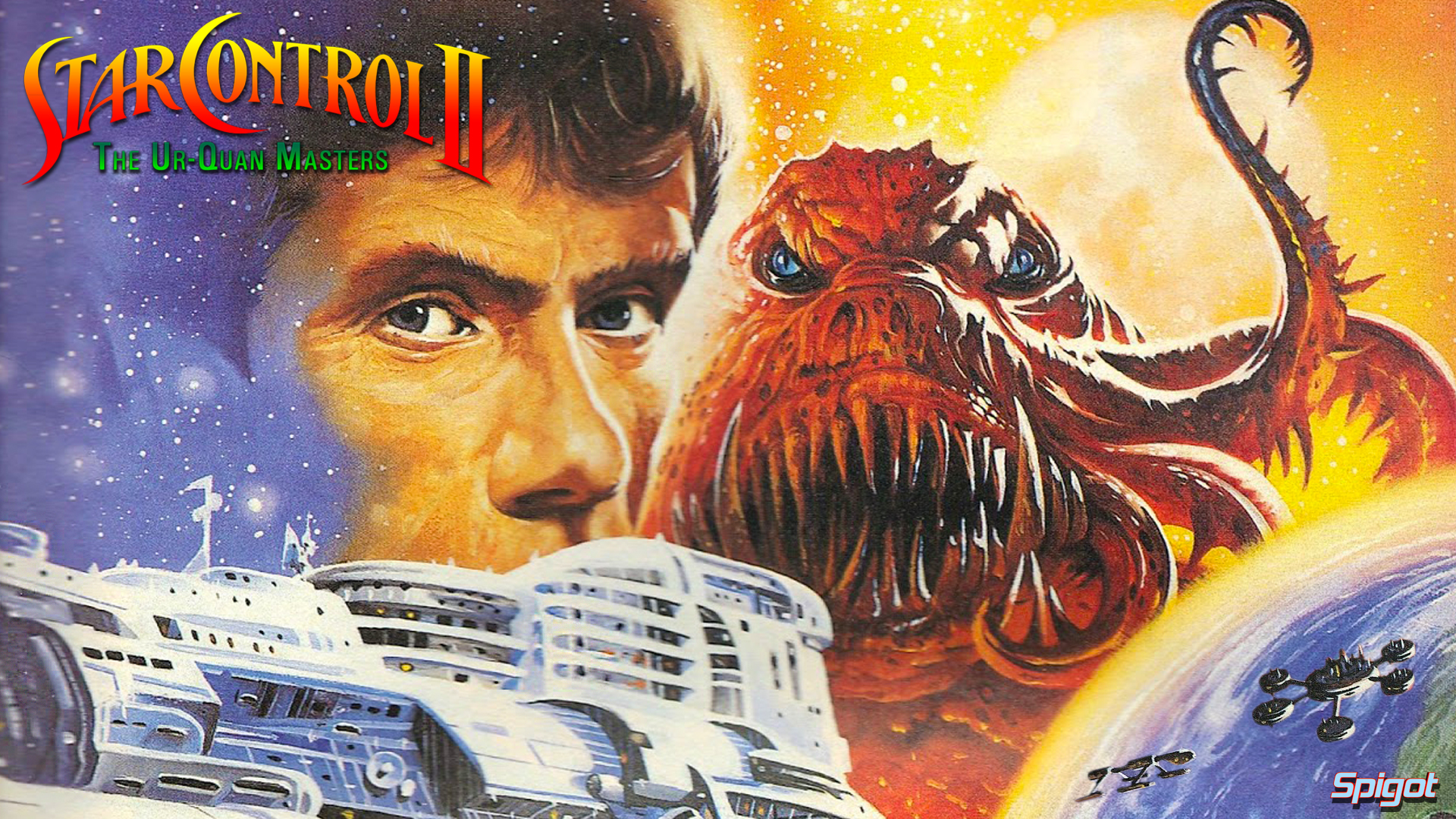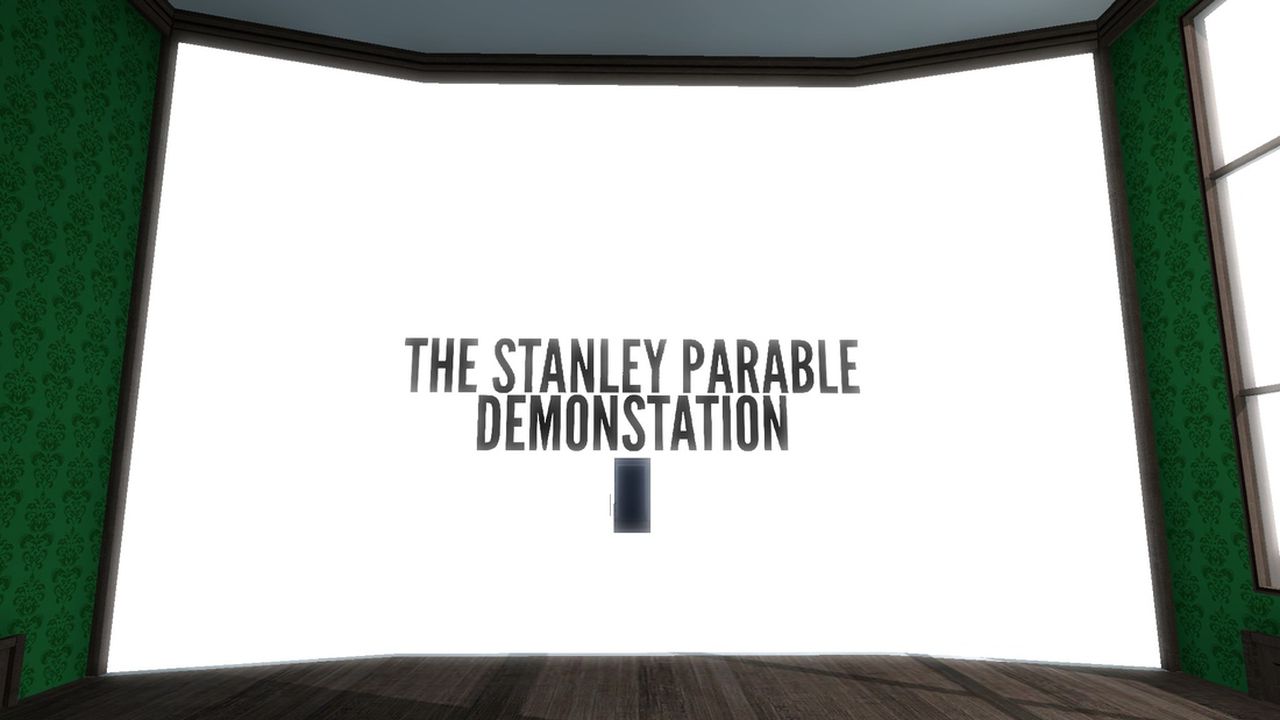 |
| That red monster in the back is a nice conqueror |
The worldbuilding taking place in Star Control 2 is a
monumental achievement for a game of its era. The introduction lays the ground
work for the game and sets the player up as the saviour of the galaxy. This
isn't a game about worldbuilding its a game about galaxy building as the share
size of the galaxy is enormous. The start of the game and how to goes about
explaining the origin reminded me of games such as the halo and mass effect
series. Even going as far as to have a race who's technology was far greater
than anyone else's after them. Upon playing the game I found that the dire
situation to which the player is placed in does a fine job of giving the player
motivation to continue playing it also establishes the world that the player is
going into. The many worlds that inhabit the solar system in the game are
similar in the way that the player interacts with them however it does enough
to make the player feel like each planet is different and unique. Along with
these unique planets are the alien races that inhabit them, so far I've only
managed to contact maybe half the alien races that I believe to be included in
the game. An interaction with each alien race is distinctive and does not feel formulaic,
 |
| The casualties of war |
I found the alien race Zoq Fot Pik humurous with their multi-cultural society.
The games months carry on and if you miss certain information you miss chances
to be able to either save another race or recruit another race into your cause.
I found this out the hard way as I did not heed the call for help from Zoq Fot
Pik and their entire race were wiped out by the enemy. I felt sad about what
happened but also thought that it was a brilliant piece of worldbuilding taking
place, a world that does not wait for the player much similar to how real world
time operates. It's this familiarity with the concept of time that makes this
world much more believable. In this instance I also felt that the best
worldbuilders build worlds that people want to actively participate in. When
you take a look at books or other video games with well built worlds people
dedicate hours and years to thoroughly explore these worlds over and over
again, think Skyrim, Lord of the rings or even Destiny. This was more evident
to me when I found myself still playing Star Control 2 well into the 18 hour
mark, and the more time I invested in this world the more I wanted to see my
quest to save the galaxy through to the end.

